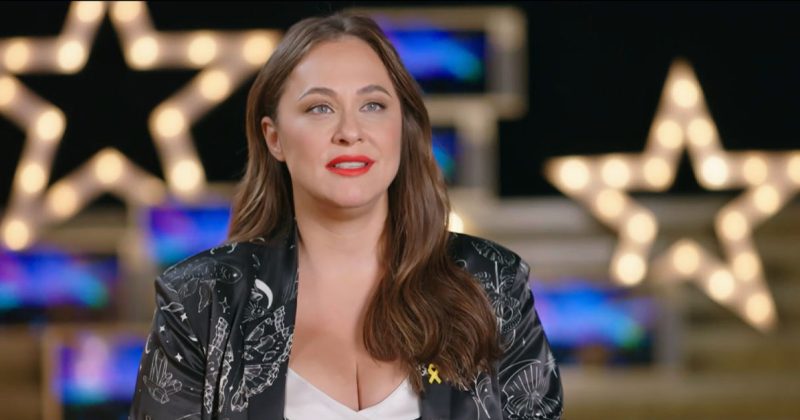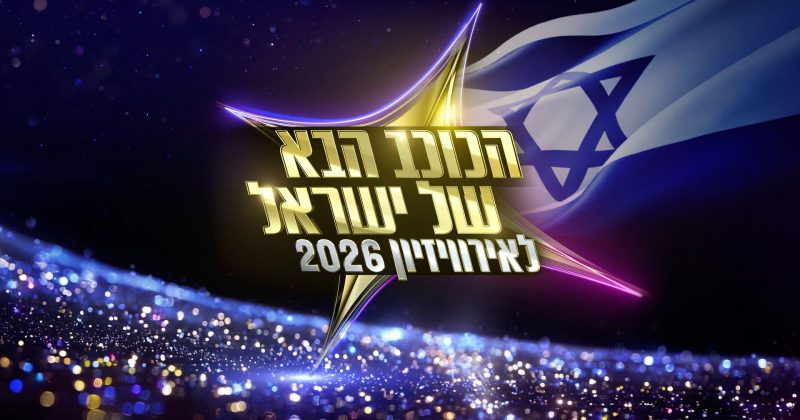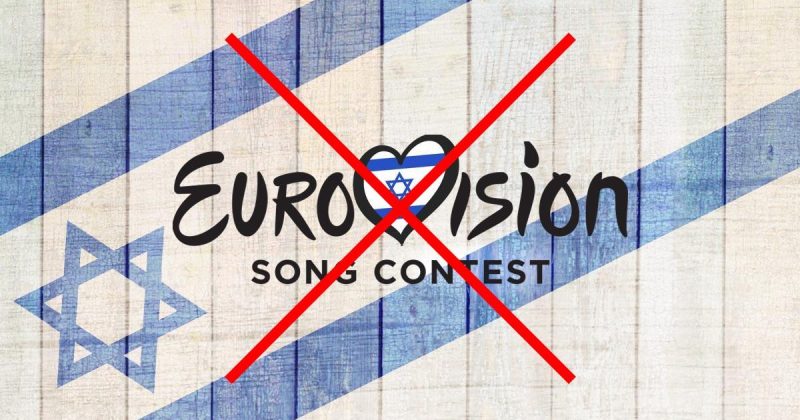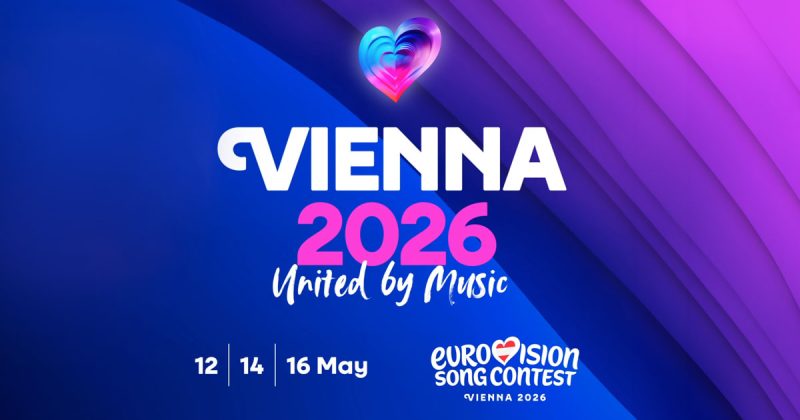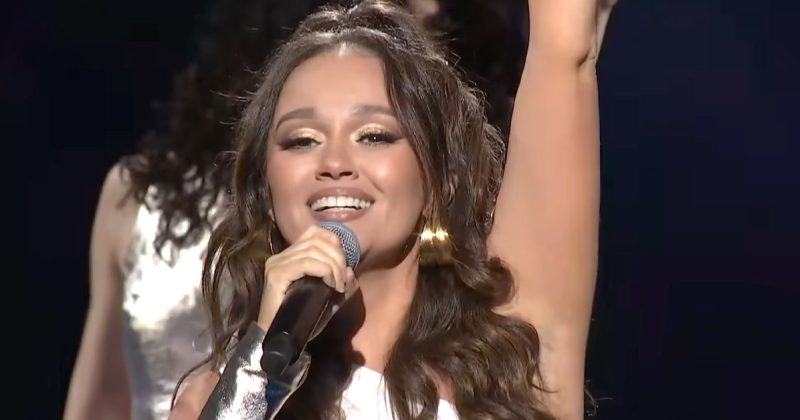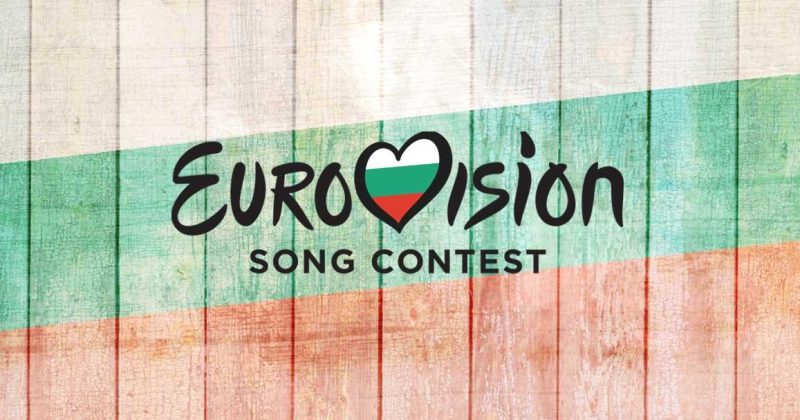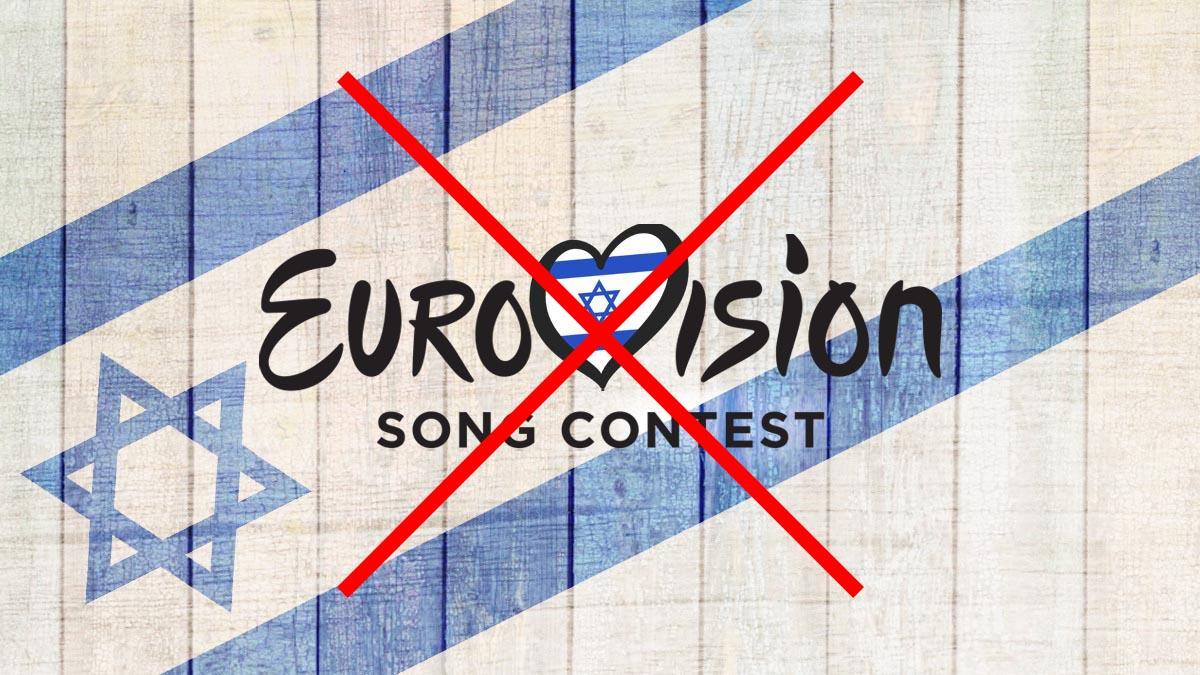
Slovenia threatens Eurovision 2026 withdrawal over Israel’s participation, insisting Eurovision is by nations, not broadcasters. Dispute raises uncertainty ahead of Vienna contest
The peak of the ongoing confrontation over Israel’s participation in Eurovision 2026 came with an unusual statement from Slovenia’s national broadcaster RTVSLO: “Eurovision is not merely a gathering of public broadcasters but a contest between countries”. According to the broadcaster, Eurovision has political significance, and in Belgium and Germany, for example, representatives are selected to represent the nation, not just broadcasters.
הצגת פוסט זה באינסטגרם
The broadcaster notes and continues to take a hard line against Israel’s participation:
“In Belgium and Germany there isn’t a representative for every broadcaster separately, but a state representative who embodies the entire country in the contest […] The decision on Israel’s participation is not just an internal broadcasting matter but touches the very essence of Eurovision’s values and political identity”.
Slovenia’s Demand: A Shift in EBU’s Approach
According to RTVSLO, separating Israel from its national broadcaster – especially in light of opposition to Israel’s government and policies – Ignores the core nature of the contest. Therefore, the EBU must clarify its policy. Slovenia emphasized, through Belgium and Germany as examples, that Eurovision’s selection system should reflect public values and the contest’s spirit as a competition between states, not just a professional broadcasting forum.
Threats of Withdrawal: “We Cannot Participate in Such a Contest”
Amid escalating disputes, RTVSLO’s Director General Ksenija Horvat announced that Slovenia has halted preparations for the Vienna contest and canceled the national selection process. The broadcaster warned that if its position is not accepted, Slovenia will abandon Eurovision 2026:
“Realistically, we cannot participate in such a contest”.
EBU’s Response: “Each Broadcaster Decides Whether to Participate”
Martin Green, the contest’s executive supervisor, stressed that participation in Eurovision is voluntary:
“The EBU will continue to maintain neutrality regarding the Middle East conflict”.
The vote on Israel’s suspension is expected December 4th-5th during the EBU General Assembly. Green added that by mid-December, each country will be required to confirm participation, and each national broadcaster will decide independently: “We will respect every decision”.
The EBU’s regulations allow suspension or expulsion of a country only through a special vote with a qualified majority, and only in extreme circumstances. Therefore, despite pressure from Slovenia, Spain, and Iceland, suspending or excluding Israel does not seem realistic at this stage. Nevertheless, Slovenia’s declarations and threats, along with the possibility of more countries joining a boycott, place significant uncertainty over the Vienna contest.
Israel at Eurovision 2025
“New Day Will Rise” is the song performed by Yuval Raphael, who was chosen to represent Israel after winning the 11th season of “HaKokhav HaBa”. Israel advanced to the final after winning the second semi-final with 203 points and finished second overall with 357 points in the grand final. Israel ranked first in the public vote but only 14th with the jury. This marks the third consecutive year that Israel has reached the top five – an unprecedented achievement.
Eurovision 2026: This will be Israel’s 48th participation in Eurovision. Israel joined the contest in 1973 and has won four times. Its most recent victory was at Eurovision 2018 with the song “Toy”, performed by singer Netta Barzilai.

Email: [email protected]
Phone: +972-50-9441919
Maor Heumann has been writing about the Eurovision Song Contest and following it for over three decades. He has attended five contests and has found something to appreciate in almost every possible musical genre — from the sugary pop entries that finish last in the semi-finals to the quirky avant-garde pieces that even the competition’s juries struggled to connect with. He usually prefers original languages and songs with depth over Swedish-produced English clones — though he doesn’t promise to stick to that rule.
He grew up on the kibbutz of Sara’le Sharon, who instilled in him a love for music and created his first connection to the contest back in 1993 — before most of the current editorial team was even born.

